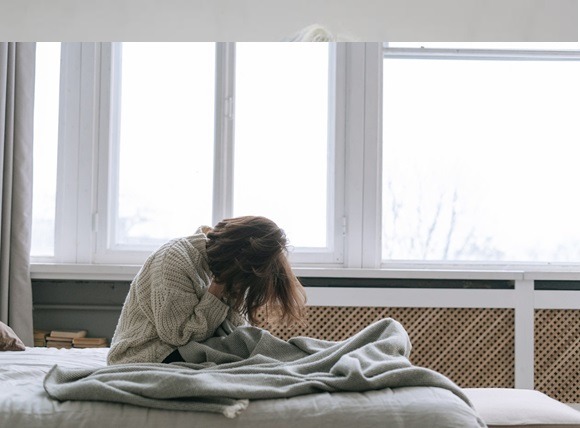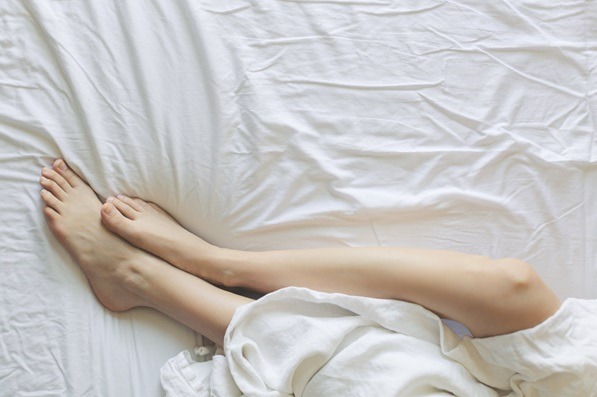Have you ever experienced problems with your sleep? Insomnia is a sleep disorder where an individual has difficulty falling asleep or staying asleep.
There are many factors ranging from environmental and emotional that can prevent your from falling asleep. We share five tips to help you get a good night’s rest.
Avoid Caffeine Six Hours Before You Sleep
Alongside the short-term performance benefits of caffeine, its excessive consumption can lead to insomnia or worsen existing insomnia. Frequent waking up at night, night anxiety, and the inability to fall asleep indicate that caffeine interferes with your sleep.
Caffeine has a half-life of five hours – half-life refers to the period it takes for a substance to be reduced to half its original amount. So, if you had a drink with 10mg of caffeine, five hours later, 5mg will still be in your body.
Experts recommend you avoid caffeine six hours before bed. This doesn’t mean you won’t have caffeine in your body when you sleep but the levels in your bloodstream will be lower.
Minimize Exposure to Blue Light
Blue light is a frequency of light emitted from smartphones, e-readers, digital clocks, computer screens, and TVs. Blue light suppresses the release of the melatonin hormone responsible for making us feel drowsy.
To prevent this suppression of melatonin, do the following:
- Cut down on your use of these electronics 2-3 hours before bedtime. If you’re prone to forgetting things, set the alarm as a reminder.
- If you can’t reduce your screen time 2-3 hours before bedtime, several apps are available to reduce or prevent the emission of blue light from your screen.
- Dim or turn off any light sources in your bedroom. Invest in black-out curtains if street lights are shining through your window, or try using an eye mask to block out any light source.
Change your Mattress
A queen size mattress that has been used for longer than 8-10 years is no longer adequate for sleep support because the core layers have broken down. When you lie on any part of your body for an extended period, the weight reduces blood flow through your blood vessels, reducing oxygen and nutrients in the skin.
An ideal way to combat this is to use a mattress that reduces the pressure points on your body. A mattress that has been used for longer than 8-10 years is no longer adequate for sleep support because the core layers have broken down. An excellent option to consider is a innerspring mattress that provides spine alignment and pressure relief.
Exercise to Improve Sleep Quality
Studies have shown that exercise leads to a better quality of sleep. A study found that exercise is as effective as a hypnotic drug in insomnia relief. Researchers suggest the following reasons:
- Exercise changes your core temperature
- It relieves anxiety and depression
- It can realign your internal body clock
Moderate aerobic exercises are the most effective for insomnia.
Don’t Watch your Clock
Avoid watching the clock when you can’t sleep.
Clock-watching makes you aware of the sleep you’re losing – you’ll find yourself counting the hours you have left and become anxious about how tired you’ll be the next day.
If you have a clock at your bedside, face it away from you and even if tempted, avoid looking at it. Read a book or meditate to pass the time and turn your phone on its face. If this doesn’t work after 15 minutes, get up and do something to make yourself tired.
Final Thoughts
Insomnia can lower your job performance, reduce your reaction time, and increase the severity of conditions like high blood pressure and heart disease. Cut out caffeine before bed, do some light exercise and make sure you have a comfy mattress to get better sleep.

